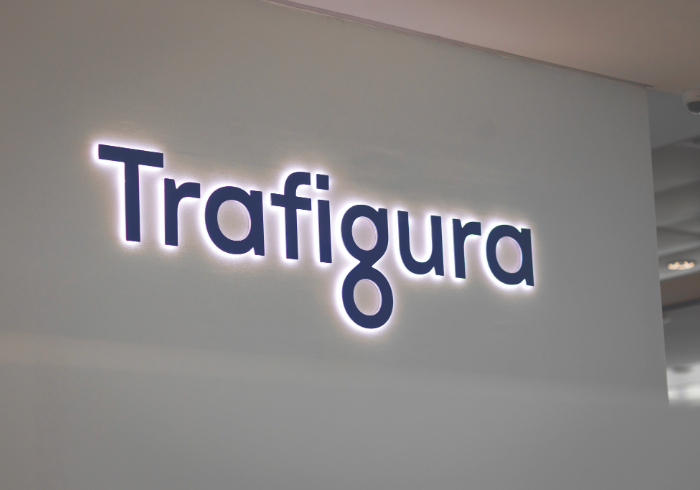Ukrainian steel producer Metinvest has secured a US$1bn five-year pre-export finance facility. The deal was oversubscribed and replaces two previous PXF facilities on improved terms.
Mandated lead arrangers and bookrunners on the new facility are Deutsche Bank, ING Commercial Banking, Natixis, UniCredit and West LB.
BNP Paribas joined the transaction initially as mandated lead arranger.
The transaction pays an interest margin of 3% per year over Libor. This compares to the 550 basis points over Libor paid on a PXF signed by Metinvest in August 2010.
The Ukrainian company had to accept the higher pricing in 2010 due to the lack of confidence within bank credit committees about the Ukrainian steel sector due to a number of restructurings that were being carried out.
Metinvest did not go through any restructurings itself and one banker told GTR that the company was a “model borrower” in the PXF market, not breaching any financial covenants throughout the downturn.
By the first half of 2011 the lending environment had become more benign and Metinvest looked to get improved pricing from the market.
“What happened this year was that steel companies in Russia were getting better pricing and Metinvest wanted the same,” remarks Kris van Broekhoven, head of structured commodity and trade finance for the Emea region at Deutsche Bank.
“In January banks were back in business lending to metals producers and appetite levels returned to normal for most companies. There was actually a drop in funding costs in the banking market in the first half of this year,” he explains.
The lower pricing was secured in August when the MLAs agreed to an initial US$850mn amortising loan, before liquidity began to drain out of the banking sector again.
A second phase of syndication was launched in September in a much tougher financial climate, but the deal still managed to attract over US$150mn in extra financing. The borrower decided to close the deal at US$1bn.
In addition to the MLAs, Erste Group Bank and Rabobank International joined the facility as arrangers; The Bank of Tokyo-Mitsubishi UFJ and Barclays Bank joined as lead managers; Raiffeisen Bank International joined as manager and Credit Suisse joined as a participant.
This further phase of syndication targeted relationship banks that wanted to cement their relationship with a borrower such as Metinvest.
Despite the success of this deal, given the increase in funding costs with banks it is likely Ukrainian borrowers of PXF will have to deal with increased pricing if they are looking to raise money in the near future.
“It all depends on the borrowers holding off for a while. What is happening is a reflection of the problems in the banking sector; it is not yet a problem of the borrowers. They still make their money.
Those that can wait will wait and will hope that the funding cost issue will disappear. Everyone is waiting for a solution and some clarity.”
The US$1bn facility replaces the US$700mn PXF signed last August as well as the more recent US$100mn PXF arranged by UniCredit in April this year.








